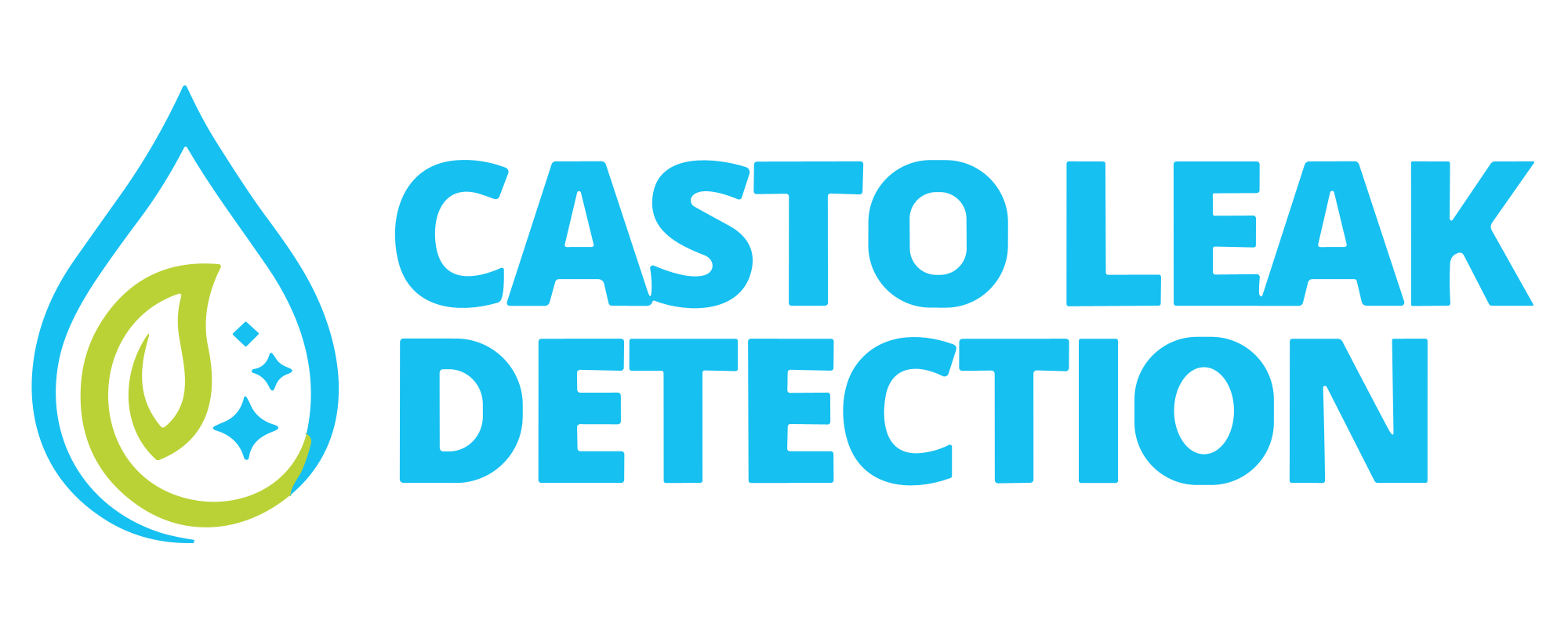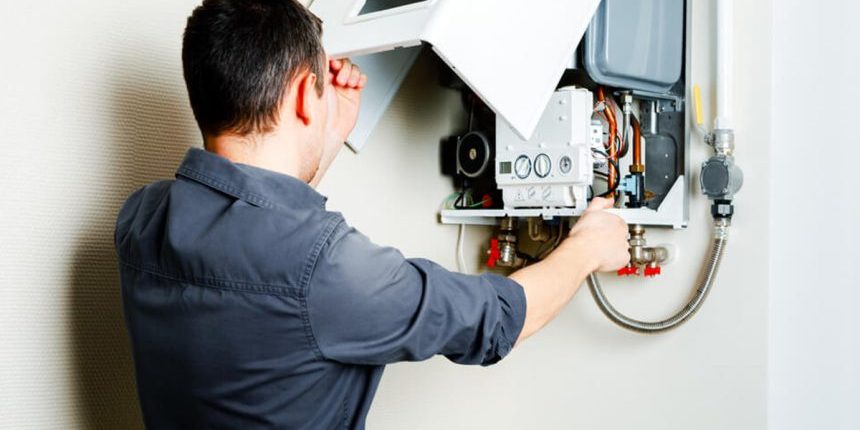A water heater significantly impacts your home’s comfort, delivering hot water for bathing, cooking, and cleaning. Ensuring it operates efficiently is key to maintaining your household’s daily routine and comfort levels, making regular water heater repair and maintenance essential.
When your water heater shows signs of struggle, like inconsistent water temperatures, leaks, or loud noises, it’s signaling for help. Timely water heater repair can prevent these minor issues from escalating into major problems, safeguarding your home’s hot water supply.
Ignoring water heater issues can lead to higher utility bills, significant water damage, and even the need for a complete replacement. Regular water heater repair and maintenance ensure your unit functions efficiently, saving you money and inconvenience in the long run.
Common Types of Water Heaters
Traditional Tank vs. Tankless Water Heaters
Choosing between traditional tank and tankless water heaters depends on your household’s size, usage patterns, and efficiency desires. Traditional tanks offer a ready reservoir of hot water, while tankless models provide hot water on demand with increased energy efficiency.
Electric vs. Gas Water Heaters: Pros and Cons
Electric water heaters are praised for their safety and simplicity, but often come with higher operational costs compared to gas heaters, which are more cost-efficient but require venting for safety. Water heater repair strategies differ significantly between the two types due to their distinct mechanisms.
Hybrid and Solar Water Heaters: Emerging Options
Hybrid water heaters combine conventional technology with heat pump efficiency, offering significant energy savings. Solar water heaters, while requiring an upfront investment, harness renewable energy, reducing energy costs and contributing to environmental sustainability over time.
Recognizing Common Water Heater Problems
Lack of Hot Water
One of the most straightforward indicators that water heater repair is needed is when your system fails to provide hot water. For gas heaters, this could be due to an extinguished pilot light, while electric heater issues might stem from faulty heating elements or thermostats.
Water Temperature Issues
If your water temperature is too hot or too cold despite proper settings, it might indicate thermostat problems or sediment build-up affecting the heating efficiency. Regular maintenance and timely water heater repair can address these issues before they escalate.
Leaks and Water Pooling
Leaks or water pooling around your water heater are serious concerns that require immediate attention. Causes can range from loose connections to tank corrosion. Early detection and water heater repair can prevent more significant damage to your home.
DIY Water Heater Repair Tips
Resetting Your Water Heater
A simple reset can often resolve minor issues. Most water heaters have a reset button, but it’s crucial to follow the manufacturer’s instructions carefully to avoid further problems. If issues persist after a reset, it might be time for a more thorough water heater repair.
Replacing Elements and Thermostats
For electric water heaters, replacing faulty elements or thermostats can restore proper function. This task requires a basic understanding of electrical systems and strict adherence to safety protocols to prevent injuries or further damage to your water heater.
Dealing with Noisy Water Heaters
A noisy water heater often indicates sediment build-up or a failing element. Flushing the tank can remove sediment, while replacing elements may quiet down the noise. If these steps don’t help, a professional water heater repair service should take a look.
When to Call a Professional
Assessing the Severity of the Problem
Some water heater issues, like significant leaks, extensive corrosion, or complex mechanical failures, are beyond the scope of DIY repairs. In these cases, calling in a professional water heater repair service ensures a safe, effective resolution.
Choosing the Right Professional for Water Heater Repair
Selecting a qualified professional for water heater repair involves checking credentials, reading reviews, and comparing quotes. A reputable technician will offer a clear explanation of the issue, a detailed quote, and a warranty for their work.
Understanding Water Heater Repair Costs
The cost of water heater repair varies depending on the issue’s complexity, parts needed, and labor rates. While price is a consideration, the quality of service and parts warranty are equally important factors to ensure the longevity of your repairs.
Preventive Maintenance for Your Water Heater
Routine Inspection and Maintenance Tasks
Consistent inspection and maintenance can catch minor issues before they escalate into costly repairs. Annual check-ups by a professional can ensure all components are functioning correctly, while homeowners can perform visual inspections for leaks, rust, or wear and tear monthly.
Flushing Your Water Heater
Sediment build-up can reduce your water heater’s efficiency and lead to issues like noise, odors, or even premature failure. Flushing the tank annually is a vital maintenance task that homeowners can usually do themselves, improving efficiency and prolonging the unit’s life, thus reducing the frequency of water heater repair.
Anode Rod Inspection and Replacement
The anode rod is designed to attract corrosive elements in the water, protecting the tank from rust. Checking the anode rod annually for significant wear and replacing it when necessary can prevent corrosion inside the tank, a common reason for water heater repair.
Upgrading Your Water Heater
When to Consider a New Water Heater
Even with diligent maintenance, all water heaters eventually reach the end of their useful life. Indications that it might be time to upgrade include frequent repairs, inefficiency, or simply the age of the unit. Modern water heaters offer improved efficiency and features that can be more cost-effective in the long run.
Choosing a New Water Heater
When selecting a new water heater, consider factors like size, energy efficiency, and fuel type. Innovations in water heater technology can also offer benefits such as faster heating times and reduced energy consumption, making an upgrade a smart investment.
The Future of Water Heating Technology
As technology advances, so do water heating solutions. Smart water heaters with Wi-Fi connectivity allow for remote temperature control and monitoring, helping homeowners manage energy use more effectively. Renewable energy options, like solar water heaters, are becoming increasingly viable, offering long-term savings and environmental benefits.
FAQs on Water Heater Repair
How often should I service my water heater?
You should service your water heater at least once a year. Annual maintenance, including a thorough inspection, flushing to remove sediment, and checking the anode rod, can significantly extend its lifespan and efficiency.
What are the signs my water heater needs repair?
Key signs include a lack of hot water, unusual noises, water discoloration, leaks around the base of the heater, and fluctuating water temperatures. These symptoms indicate it’s time for a water heater repair or maintenance check.
Can I repair my water heater myself?
For basic issues like resetting the thermostat, relighting the pilot light, or flushing sediment, a DIY approach is feasible. However, for complex problems involving gas lines, electrical elements, or internal components, it’s safer and more effective to call in a professional.
How long does a typical water heater last?
A traditional tank water heater typically lasts between 8 to 12 years, while tankless water heaters can last up to 20 years with proper maintenance. Regular servicing can help reach or even extend these lifespans.
What causes a water heater to stop working?
Common causes include failed heating elements (in electric heaters), extinguished pilot lights (in gas heaters), malfunctioning thermostats, and sediment buildup. Regular maintenance can prevent or mitigate these issues.
Is it worth repairing an old water heater?
This depends on the age of the heater, the nature of the problem, and repair costs. If your water heater is near the end of its expected lifespan and repairs are costly, investing in a new, more efficient model might be more economical.
Can a leaking water heater be repaired?
Yes, but it depends on the source of the leak. Leaks from fittings, valves, or pipes are generally repairable. However, if the tank itself is leaking due to corrosion, replacement is usually the only solution.
What maintenance can I do to avoid water heater repairs?
Regularly flushing the tank to remove sediment, inspecting the anode rod, checking the pressure relief valve, and ensuring the thermostat is set correctly can all help prevent repairs. Annual professional inspections can also identify potential issues early.
Conclusion
Effective water heater repair and maintenance are key to ensuring your unit functions efficiently, providing your home with hot water whenever needed. By recognizing common issues, performing routine maintenance, and knowing when to call in professionals or consider an upgrade, homeowners can enjoy the benefits of a reliable water heater for many years.

